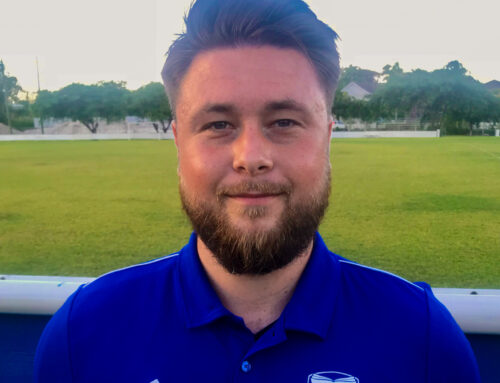Twelve months after launching its Not Your Spot campaign, Rotary Central Cayman Islands is reminding the Cayman community on the proper and improper use of disabled ‘blue spots’ around the island.
The reminder comes on the back of the campaign winning the Community Impact of the Year award at the Cayman Islands Marketing Professionals Association’s (CIMPA) annual awards event.
Ms Susie Bodden, Immediate Past President of Rotary Central Cayman Islands said she was thrilled when she heard the campaign had taken the award and hoped the win would bring the campaign into the spotlight again.
“We had really great feedback and support from across the community when we first ran the campaign,” she said. “It’s important for us to keep this issue top of mind and to remember that disabled parking spots and blue badges are an essential service for Cayman’s disabled population, allowing ease of access to workplaces, shops, and other basic required services.”
Mr William Inniss, President of Rotary Central Cayman Islands congratulated Tower, the agency behind the campaign, and thanked Susie Bodden for her vision in bringing the campaign to life.
“Not Your Spot is about bringing Cayman together to help support our disabled community,” he said. “With both our Share the Road and Not Your Spot campaigns Rotary is championing respect for each other on the roads of Cayman and we ask everyone to be patient and considerate when out and about.”
“Our Council fully supports Rotary’s effort to bring to the public’s attention the importance of persons with disabilities having accessibility to designated parking spots for office buildings, supermarkets, shops, transportation and many other public areas. This is consistent with our ongoing goals for persons with disabilities having full accessibility to all built environments, towards achieving independent living,” she said.
“Illegal parking in disabled spaces is an ongoing problem for our community. With proper education, incidents of illegal parking in disabled blue spots could be significantly reduced and the day-to-day lives of our disabled community made much easier,” Ms Embury said.


